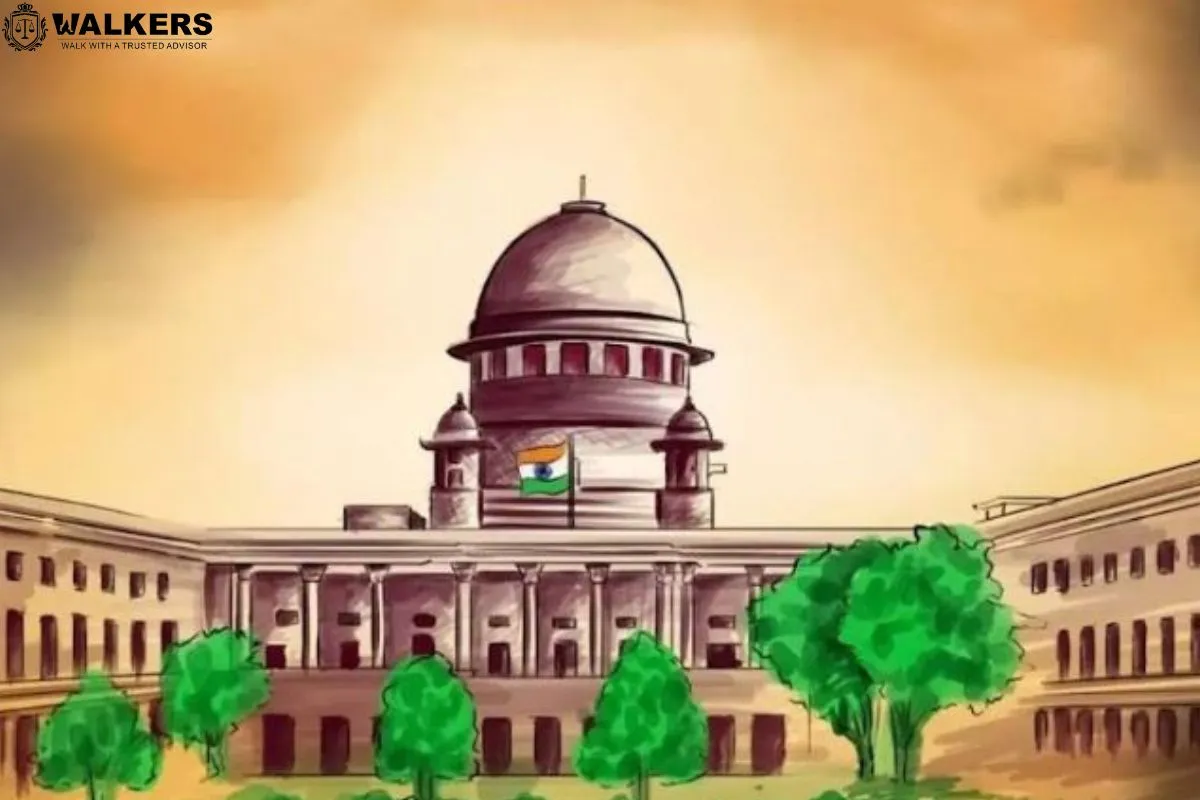


The Supreme Court has postponed the hearing of a plea seeking interpretation of Section 29A of the Representation of People's Act, 1951 (RP Act) until the second week of August 2023. The plea concerns whether the Election Commission of India has the power to de-recognize political parties formed by convicted persons and seeks a ban on convicted individuals from forming a political party or serving as a political office bearer during their disqualification period under specific sections of the RP Act. The Bench, comprising Justice KM Joseph and Justice BV Nagarathna, adjourned the hearing after considering that Justice Joseph will demit office in June 2023, and the petitioner should bring the matter before the Bench led by the CJI DY Chandrachud to constitute a new Bench.
Advocate Ashwini Kumar Upadhyay, the petitioner-in-person, highlighted to the Bench that there is a gap in the RP Act, allowing convicted individuals who are ineligible to contest elections to form political parties, become party presidents, and decide who will contest elections. He mentioned that the case would require a "full day hearing." Justice Joseph questioned whether the present plea is covered by the Constitution Bench judgment of the Apex Court in Manoj Narula v. Union of India, which dealt with gaps in provisions of the RP Act, particularly Section 8. Upadhyay argued that the issues before the Constitution Bench and the present Division Bench are "completely different."
The Supreme Court deferred the hearing of a plea that seeks to interpret Section 29A of the Representation of People's Act, 1951. The plea examines whether the Election Commission of India has the power to de-register political parties formed by convicted individuals. The petitioners seek to ban convicted persons from forming political parties or holding political office for the duration of their disqualification under certain sections of the RP Act. The Bench, comprising Justice KM Joseph and Justice BV Nagarathna, adjourned the plea until the second week of August 2023. Justice Joseph suggested that the petitioner should mention the matter before the Bench led by the CJI DY Chandrachud since he is due to retire in June 2023.
The petitioner, Advocate Ashwini Kumar Upadhyay, argued that the RP Act has a gap where a convicted person can form a political party, become its president, and decide who contests elections. The plea states that such a loophole violates the fundamental right guaranteed under Article 19 and causes harm to the public. The plea cites examples of convicted persons like Lalu Yadav, O.P. Chautala, and Shashi Kala, who have formed political parties and are holding the highest political post, despite being convicted of major scams. The plea highlights that charges have been framed against individuals like Suresh Kalmadi, Raja, Jagan Reddy, and Ashok Chavan, but they still hold political power.
The Supreme Court has decided to interpret Section 29A RPA, which deals with the registration of political parties with the Election Commission. The Court will examine if the ECI has the power to deny registration to a political party whose office-holders are disqualified from standing for election due to a conviction. In an affidavit filed before the Court, the Union Government argued that it might not be appropriate to preclude the Election Commission from registering a party merely because a particular post-holder is not qualified to contest elections. The Union Government referred the issue of electoral reforms to the Law Commission of India for examination, and the Commission submitted its 255th report, which included suggestions for regulating political parties and inner-party democracy. However, the report did not suggest any amendment to Section 29A or de-registering political parties based on criminal antecedents of post-holders of such parties. The Union Government also argued that the PIL is not maintainable as writ of mandamus demanding it to make amendment to any law is not sustainable in law.
TAGS: Supreme Court hearing plea ban convicted persons political party Representation of People’s Act 1951 Election Commission of India de-recognise disqualification Constitution Bench judgment Manoj Narula v. Union of India corruption criminal fundamental right Article 19 Lalu Yadav O.P. Chautala Shashi Kala Suresh Kalmadi Raja Jagan Reddy Madhu Koda Ashok Chavan Akabaruddin Owaisi Kanimozhi Adhir Ranjan Chaudhary Virbhadra Singh Mukhtar Ansari Md. Shahabuddin Suraj Bhan Singh Anand Mohan Singh Mulayam Singh Yadav Mayawati Brijesh Singh Section 29A RPA registration Election Commission Union Government Law Commission of India electoral reforms mandamus.